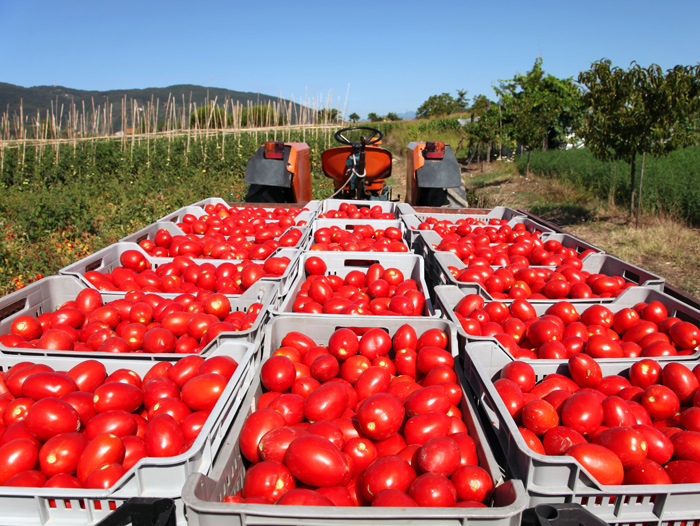FPAA Expresses Worry That Inspection Provisions in Proposed New Tomato Suspension Agreement Will Snarl Border Traffic and Damage U.S. Tomato Market
August 22, 2019 | 3 min to read

Nogales, Ariz. – The Fresh Produce Association of the Americas is gratified that the Unites States Department of Commerce and Mexican tomato growers have produced a new draft Tomato Suspension Agreement that will end the current duties on tomatoes exported from Mexico to the U.S. At the same time, the FPAA is profoundly concerned that a provision in the draft agreement appears to require inspections of up to 92% of all lots of tomatoes from Mexico at the U.S. border.
“At that level, the inspections are not only unnecessary, they also have the potential to destabilize the U.S. tomato market,” said Lance Jungmeyer, President of the FPAA. “U.S. importers and marketers of Mexican tomatoes will bear what amounts to punitive costs associated with such levels of inspection. Because of the sheer volume of tomatoes shipped north from Mexico to the U.S., we can expect the inspections to create substantial delays that compromise the quality, affordability and availability of tomatoes to American consumers and will create bottlenecks for other goods crossing the border.”
Jungmeyer added that, while FPAA commends the U.S. Department of Commerce and tomato producers in Mexico for many months of intense negotiation to revise the Tomato Suspension Agreement, the association strongly urges both to consider their members’ concerns and those of many other American companies and consumers during the coming 30-day comment period. The heightened inspections are slated to start about six months after the new Tomato Suspension Agreement, if it is finalized on September 19.
“The inspection provision is essentially a non-tariff trade barrier whose ripple effects will not only damage the U.S. tomato market but many other industries that trade with Mexico,” Jungmeyer said.
Tomatoes, he noted, make up almost 20% of produce imports that flow from Mexico through the Nogales port of entry. Increasing the volume of tomatoes to be inspected there will only create bottlenecks for all goods at the border. At the peak of our winter season tomatoes can comprise almost one-third of produce items on a given day. That will unnecessarily strain inspections on other imported items.
FPAA has estimated that it will cost $220 million to construct the warehouse space needed for these enhanced inspections, as well as other related costs of close to $50 million per year.
Also, if the changes to the agreement are ratified, the reference price of Mexican organic tomatoes will likely rise by as much as 40% more than the price of conventional tomatoes. “We worry that U.S. market will not be able to bear this dramatic cost increase,” Jungmeyer said, adding that “it will almost certainly and dramatically reduce the availability of organic tomatoes for the many U.S. consumers who prefer them.”
On May 7, the Commerce Department, under strong pressure from a small number of Florida growers, withdrew from the Tomato Suspension Agreement that had been in force for 23 years and consistently protected U.S. producers from potential dumping by their Mexican counterparts. If the U.S. and Mexico ultimately fail to ratify to the newly revised Agreement by September 19, it will trigger a further series of anti-dumping investigations and the U.S. duties on Mexican tomatoes will continue at 17.5% and could rise to as much as 25.5%.
About the Fresh Produce Association of the Americas:
The FPAA is a nonprofit trade association representing over 100 U.S. companies headquartered in Nogales, Arizona. FPAA members are involved in importing, sales and distribution of fresh fruits and vegetables grown in Mexico. The FPAA leverages the efforts of private companies and partner-associations to increase the consumption of fresh fruits and vegetable from Mexico.
